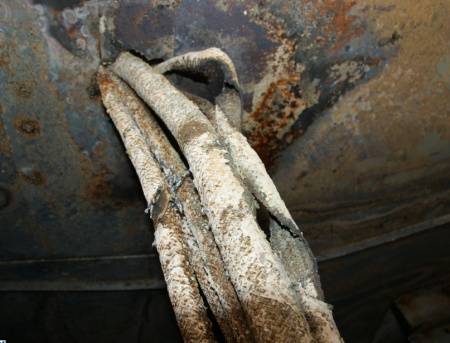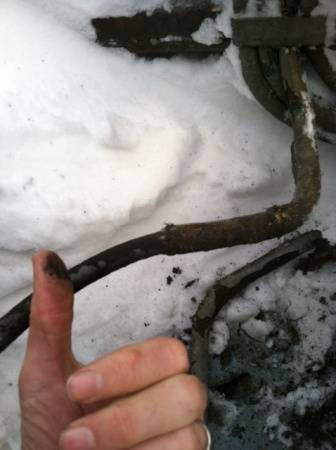USCG Sees Rise of Electrical Deficiencies on Commercial Vessels
Coast Guard marine inspectors have discovered that a number of vessels have significant electrical deficiencies that can pose safety hazards and cause marine-engine causalities, and inspectors will spend additional time during inspections examining electrical systems as a result.
Some examples of common discrepancies include:
- Dead-ended wiring: When equipment is changed or removed, new wiring is installed. Often the old wiring is not removed or properly put in a junction box. This poses a shock hazard if the wiring is still energized.
- Compromised watertight integrity: When wiring that penetrates a watertight bulkhead is replaced, the penetration must be made watertight. If it is not properly addressed, the watertight integrity and fire boundary of the space becomes compromised.
- Wire Chafing: Wire runs that are susceptible to vibrations and movements need adequate protection where pinch points and rub hazards exist. Excessive wear can compromise the sheathing and insulator. This can cause a circuit short or fault and in some cases result in a component failure or fire.
- Deteriorated wiring: Wiring exposed to water can become deteriorated over time, compromising the integrity of the sheathing and insulator. This can cause a circuit short or fault and in some cases result in a component failure or fire.
Servicing and maintenance of electrical systems should be conducted by appropriately trained personnel and in accordance with applicable regulations and standards.














